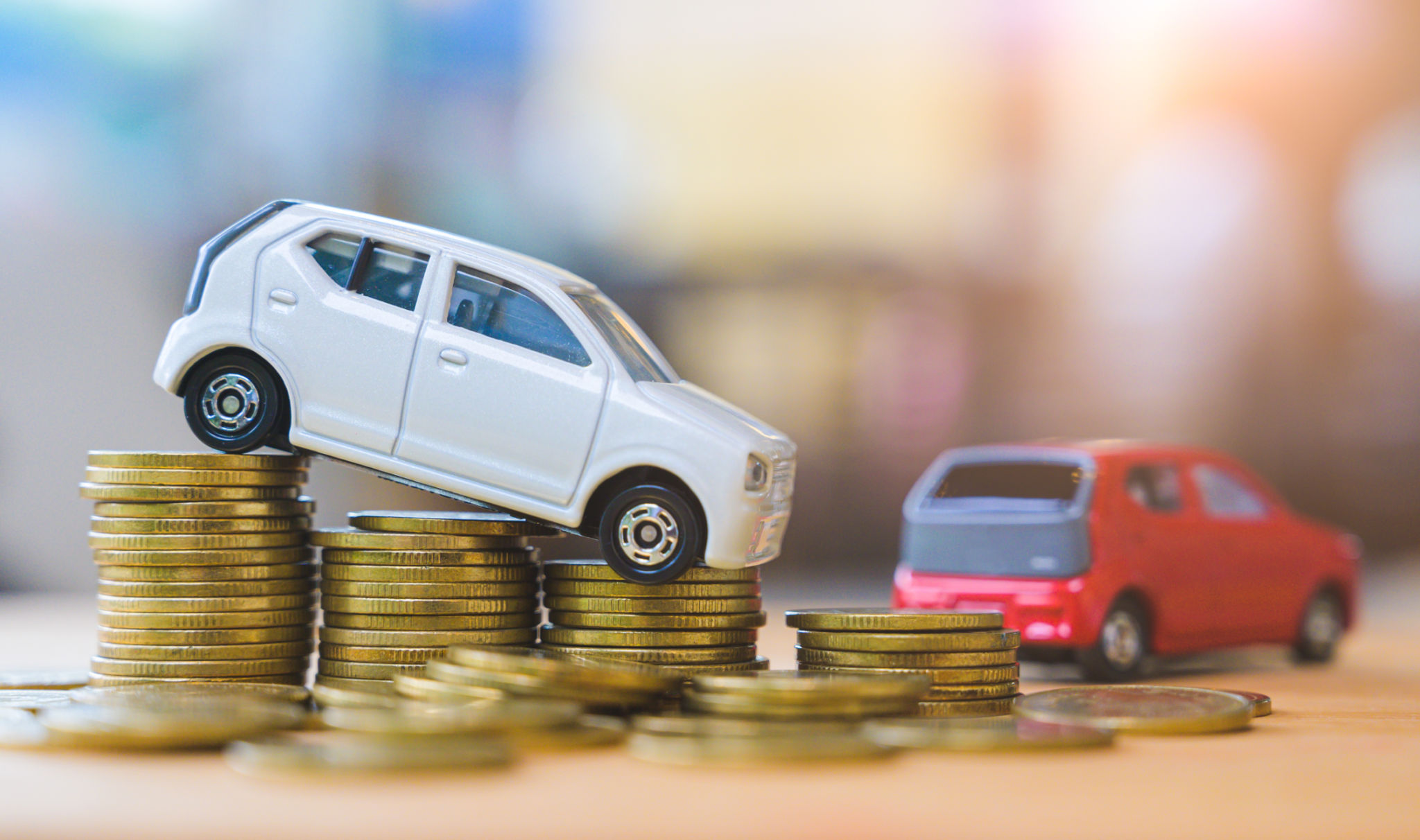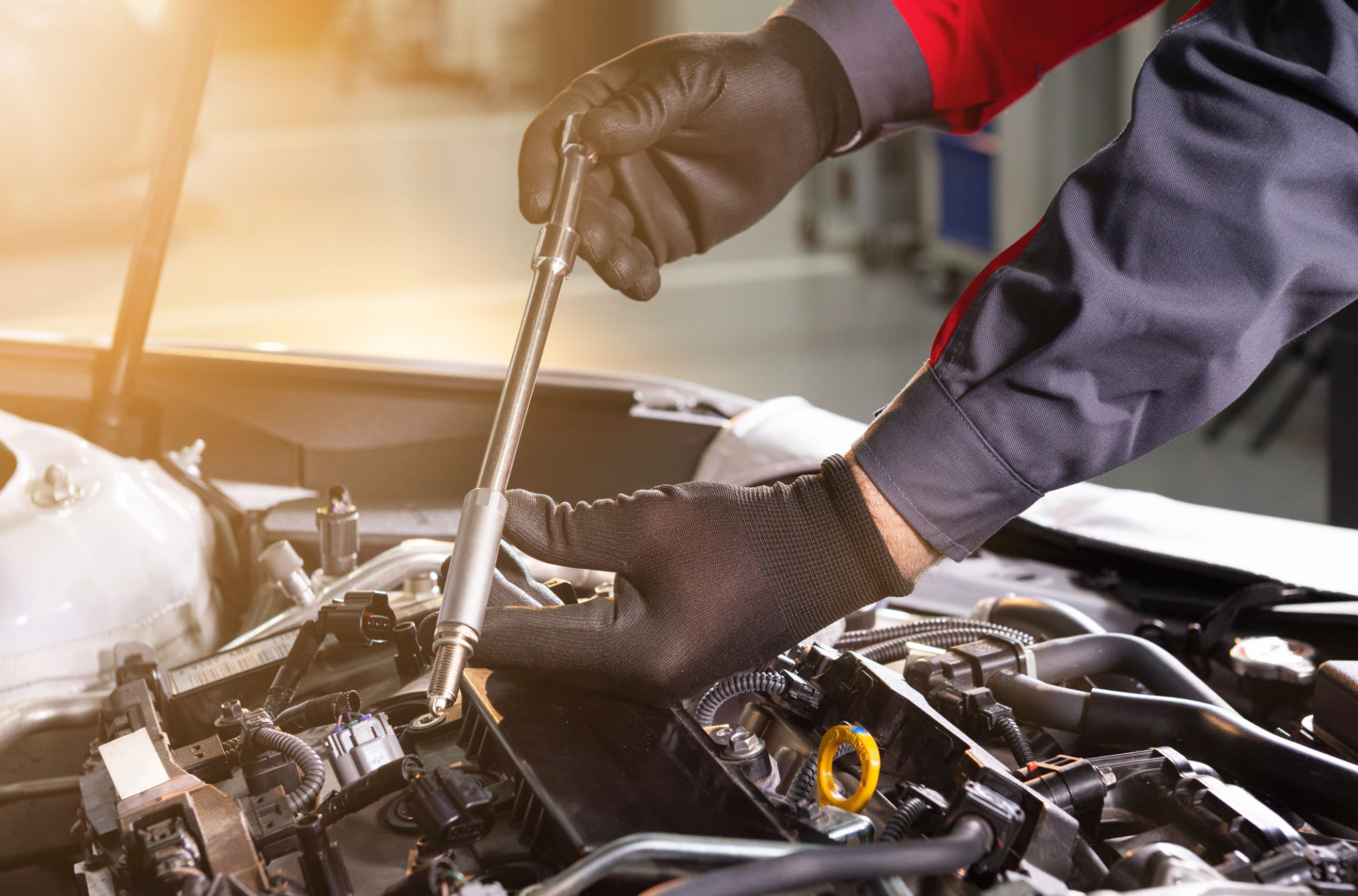Luxury Car Leasing vs. Buying: What You Need to Know
Understanding the Basics
When it comes to acquiring a luxury car, two primary options are available: leasing or buying. Each option has its own set of advantages and considerations that can influence your decision. Understanding the core differences between these two approaches is crucial for making an informed choice.
Leasing a luxury car often involves lower monthly payments compared to financing a purchase. This is because you are essentially paying for the depreciation of the car during the lease term, rather than the full value of the car. On the other hand, buying a car requires a larger financial commitment upfront, but you own the vehicle outright once it's paid off.

Financial Implications
The financial aspect of leasing versus buying a luxury car is significant. When you lease, you may be able to drive a more expensive vehicle for less money per month. However, you will never own the car and will have to return it at the end of the lease term.
Buying a luxury car means that you are building equity with each payment. Over time, this can be a financial advantage, especially if you plan to keep the car for a long period. Additionally, there are no mileage restrictions when you own a vehicle, which is an important factor to consider if you drive frequently.
Consideration of Depreciation
Depreciation is an essential factor in deciding whether to lease or buy. Luxury cars tend to depreciate quickly, which can affect their resale value. Leasing can shield you from this financial hit since you are not responsible for selling the vehicle at the end of the term.
Conversely, if you buy a luxury car and plan to keep it for several years, depreciation becomes less of an issue. Over time, the cost per year of owning the vehicle decreases as you spread the initial investment over a longer period.

Flexibility and Convenience
Leasing provides the flexibility to drive a new car every few years without the hassle of selling your current vehicle. This can be particularly appealing if you enjoy having the latest features and technologies that luxury cars offer.
Buying a vehicle offers different kinds of flexibility. You have the freedom to customize your car as you see fit and drive it for as many miles as you like without penalties. Moreover, there's the convenience of not having to worry about returning the vehicle at the end of a lease term.
Maintenance and Warranty
Luxury cars often come with higher maintenance costs. Leasing can mitigate these expenses since leased vehicles are usually under warranty for the duration of the lease term. This means that many repairs and maintenance tasks are covered, reducing out-of-pocket expenses.
When purchasing a luxury car, you take on full responsibility for maintenance after any initial warranty expires. It’s important to budget for these potential costs or consider extended warranty options to help manage them.

Making Your Decision
Choosing between leasing and buying a luxury car ultimately depends on your personal circumstances and preferences. Consider factors such as how often you drive, your financial situation, and how long you intend to keep the vehicle.
If you value driving a new model with all the latest features every few years, leasing might be the better option. On the other hand, if long-term ownership and customization are important to you, purchasing could provide more satisfaction.
Ultimately, both leasing and buying have their pros and cons. By carefully weighing these aspects against your lifestyle and financial goals, you can make a decision that best suits your needs.
